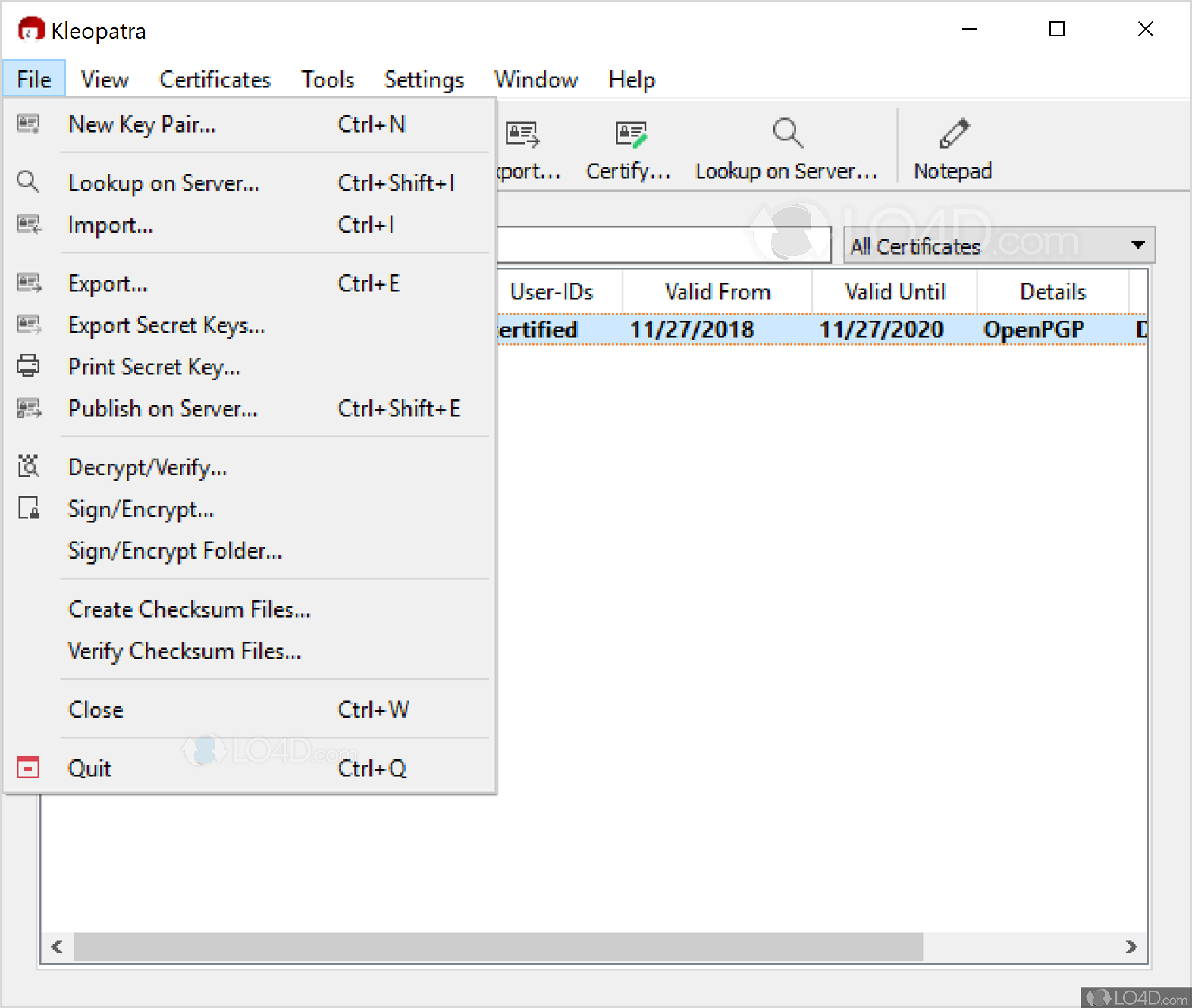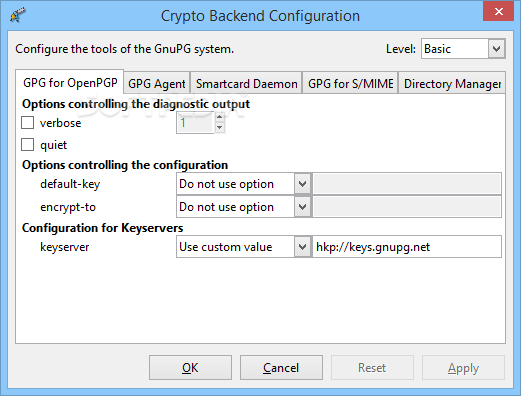


It is entirely up to you whether you use it, when, for which recipients and how often. So what we are proposing here is an envelope for your electronic correspondence. With modern computer technology however, this is technically possible with the absence of envelopes. It would simply not have been feasible, or it would have taken too long. No one would ever have seriously considered collecting all letters and postcards, evaluating their contents or logging senders and recipients. In fact, the reality is even worse: computer technology not only offers the means for carrying and distributing the many millions of e-mails each day, but also for controlling them, evaluating them or even altering them unnoticed. A normal e-mail is always open like a postcard, and the electronic "postman" - and others - can always read it. However, we are not free to decide this with e-mail. It is up to you and no one else to decide whether the message is important, confidential or secret.

Only if what you are writing is not quite so important do you write it on an unprotected postcard that the postman or others can read. The envelope protects the messages from prying eyes, and it is easy to notice if the envelope has been tampered with. When writing old-fashioned letters, we simply protected the contents of our messages inside an envelope. The Internet has taken over our lives so quickly and extensively that we have not fully kept up with protecting our rights.

However, the rights and freedoms that we have long taken for granted in other forms of communication now need to be secured in these new technologies. Why do we need to encrypt in the first place?Ĭomputer technology has given us fantastic means to communicate and keep each other informed around the globe.


 0 kommentar(er)
0 kommentar(er)
